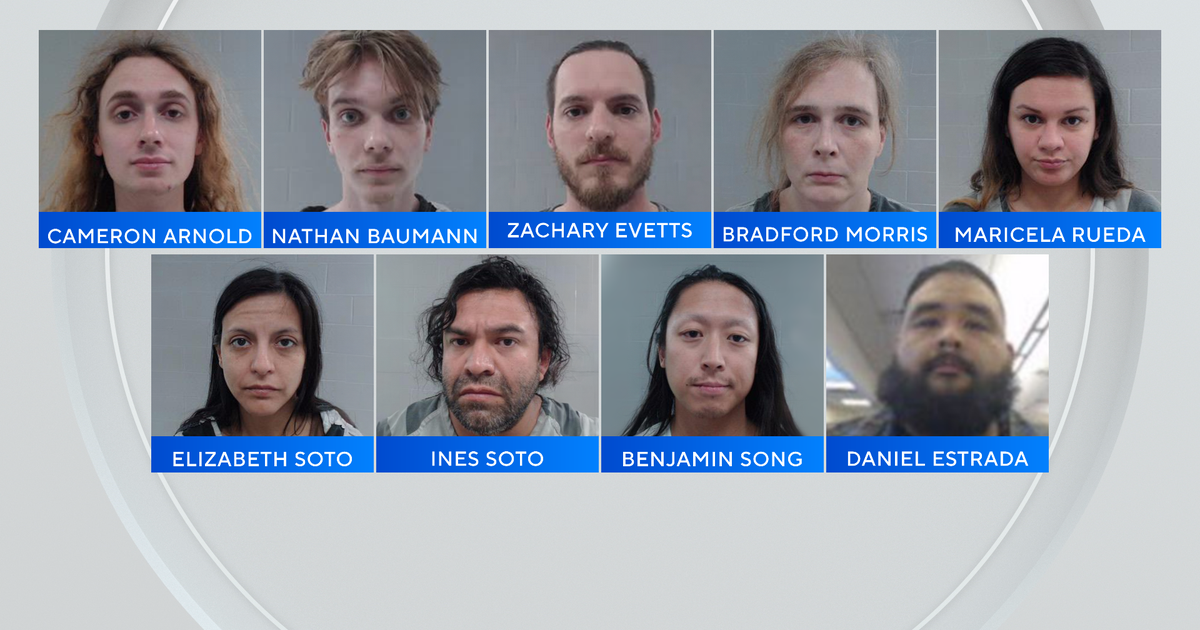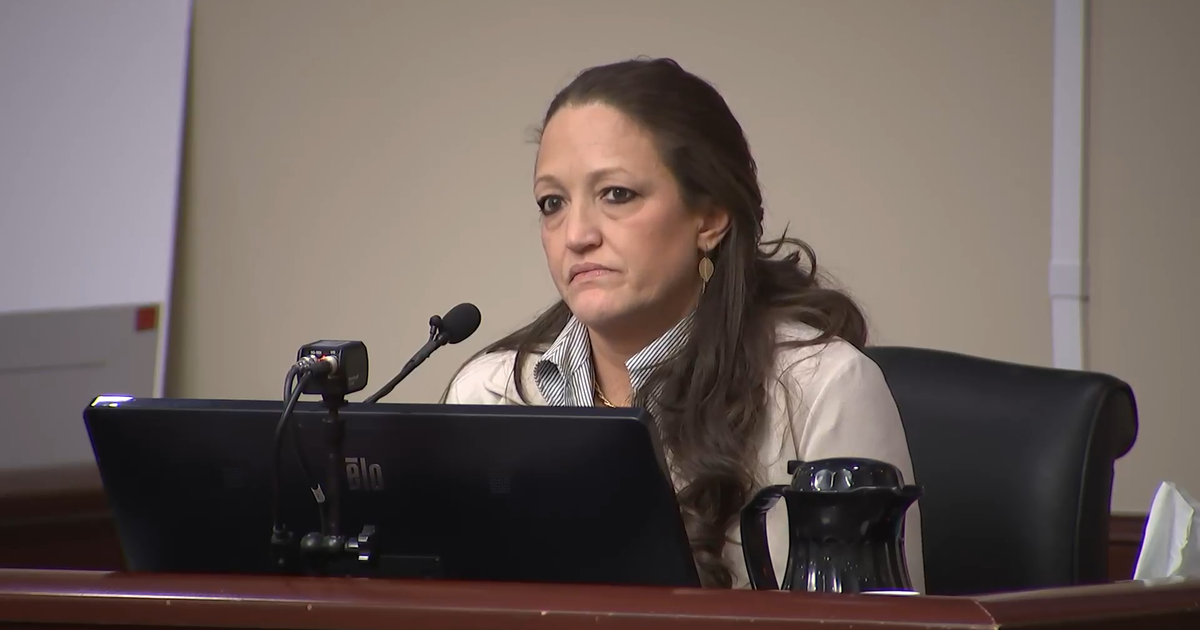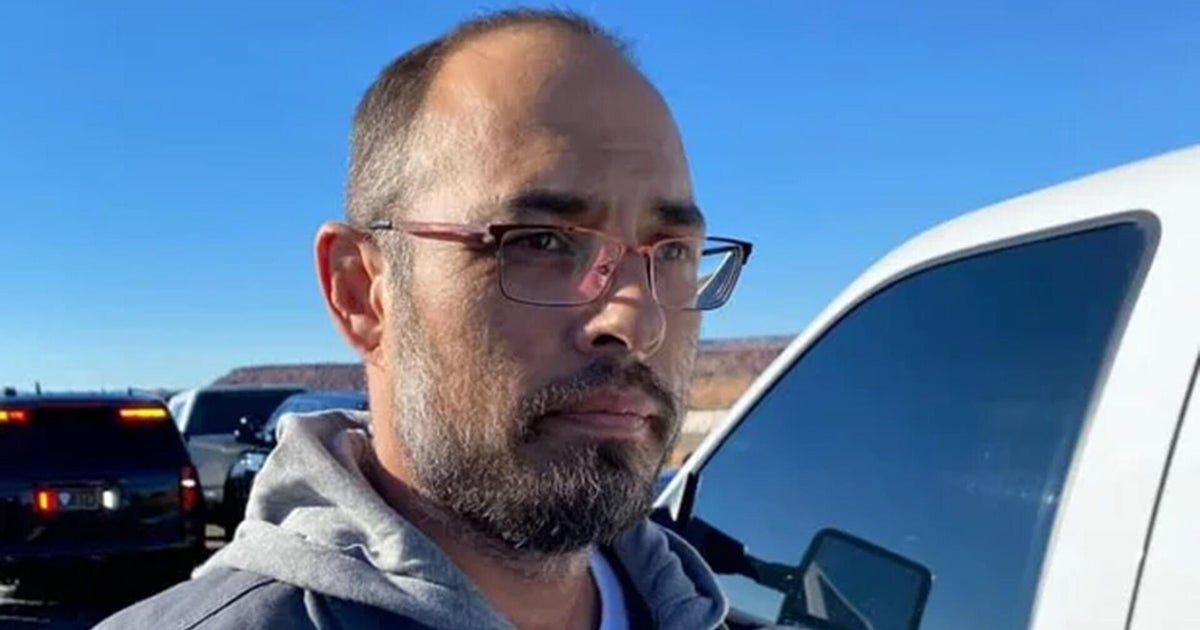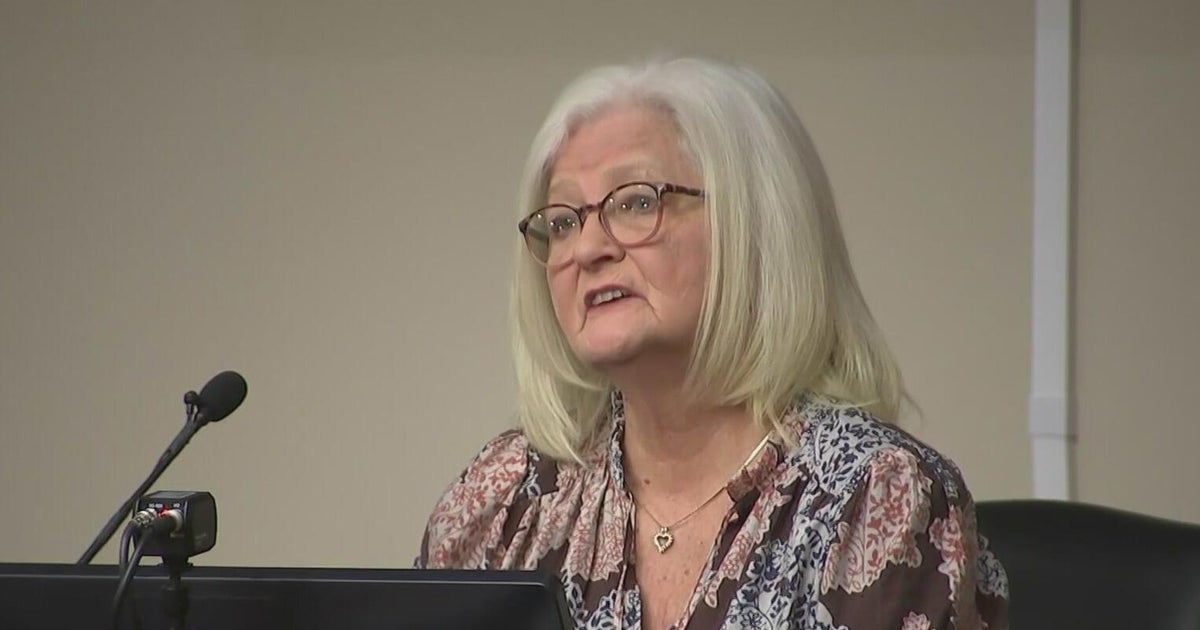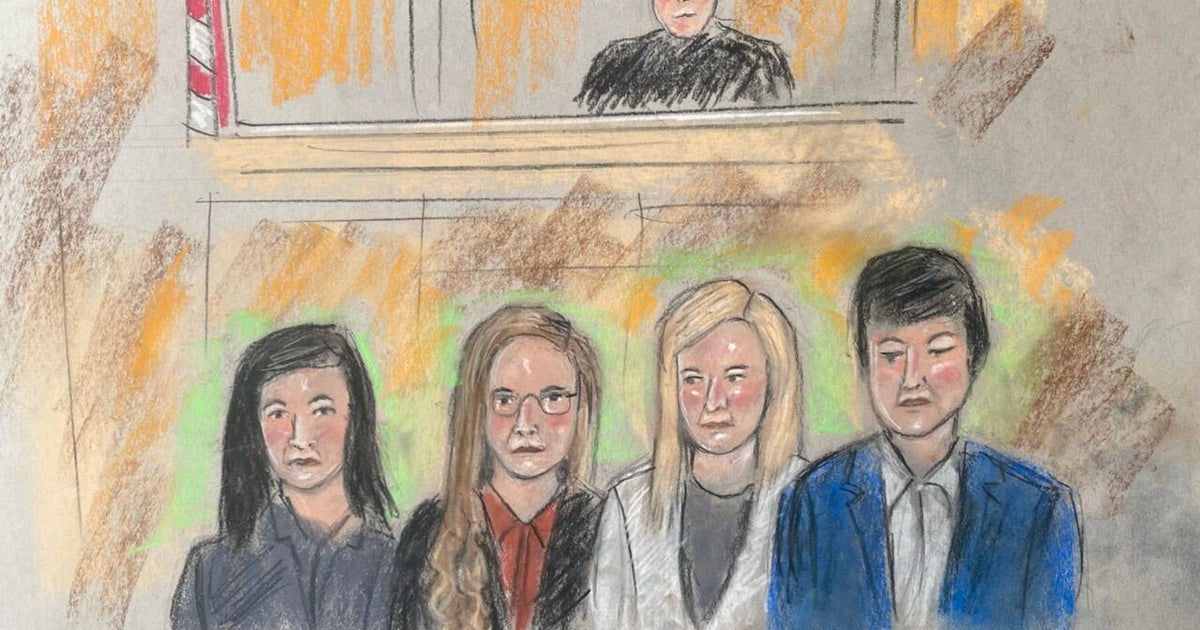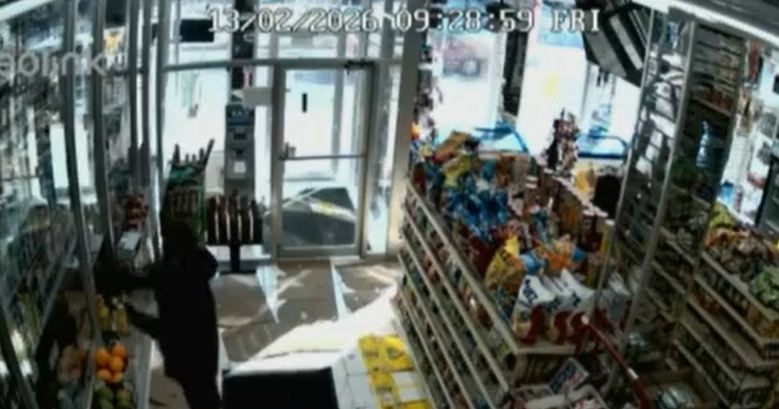Jury Selection To Continue Tuesday In Rilya Wilson Murder Trial
MIAMI (CBSMiami/AP) – Jury selection resumes Tuesday in the trial of a caregiver accused of killing a foster child left in her care.
Geralyn Graham, 66, has pleaded not guilty to first-degree murder in the case of Rilya Wilson and has written letters to judges insisting she is innocent. She faces life in prison if convicted.
Jury selection is expected to last about two months.
Last September, Miami-Dade Circuit Judge Marisa Tinkler-Mendez denied defense motions seeking to toss out a purported confession by Graham because she did not have a lawyer present when she reportedly made the statements. Judge Tinkler-Mendez also ruled that she will allow statements Graham made to a police detective.
In addition to first-degree murder, Graham is also facing kidnapping and child abuse charges.
Prosecutors are relying heavily on testimony from jail inmates including Robin Lunceford who claimed Graham confessed to them that she smothered the child and disposed of the body near a lake.
Lunceford will be a key prosecution witness.
"It is always problematic for the government when it has to build a case on jailhouse snitches," said Robert Jarvis, a law professor at Nova Southeastern University who has followed the case over the years. "In the end, the government may lose, particularly if Graham can present a reasonable alternative explanation for Rilya's disappearance."
Rilya's disappearance wasn't noticed by state child welfare officials for 15 months. Her body has never been found.
An investigation showed that a DCF caseworker, Deborah Muskelly, did not make required monthly visits to the Grahams' home for more than a year, even though she was filing reports and telling judges the girl was fine. Muskelly was eventually placed on five years' probation after pleading guilty to official misconduct for falsifying time sheets.
The case had far broader ramifications, leading to the resignation of then-DCF director Kathleen Kearney and launching of several reforms.
Caseworkers are now required to visit a child monthly and carry GPS units that stamp a date and location to make sure every child is accounted for. But it wasn't until last July that caseworkers were required to go beyond simply taking a picture at those visits and get critical updates about how the child is doing in school, whether they have any medical concerns or how they are faring socially in the home.
State lawmakers also made it illegal to falsify records of visits between child welfare workers and children in the agency's care.
Graham faces life in prison if convicted in the little girl's slaying.
(TM and © Copyright 2012 CBS Radio Inc. and its relevant subsidiaries. CBS RADIO and EYE Logo TM and Copyright 2012 CBS Broadcasting Inc. Used under license. All Rights Reserved. This material may not be published, broadcast, rewritten, or redistributed. The Associated Press contributed to this report.)
